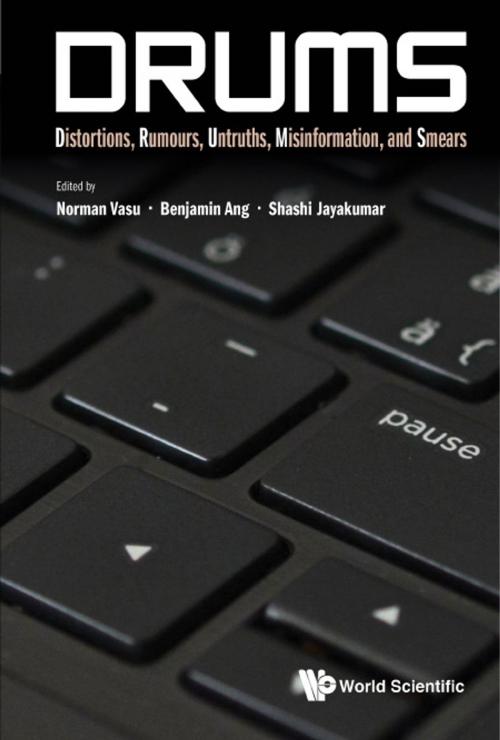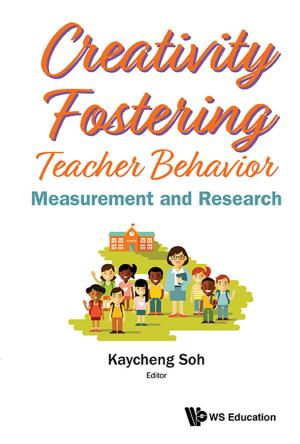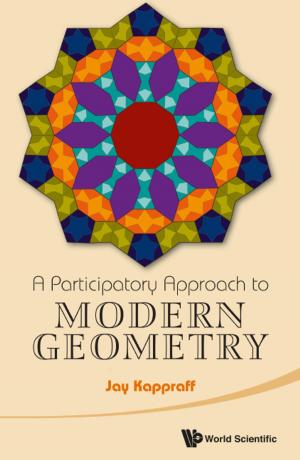DRUMS
Distortions, Rumours, Untruths, Misinformation, and Smears
Nonfiction, Reference & Language, Language Arts, Communication, Reference, Social & Cultural Studies, Social Science| Author: | Norman Vasu, Benjamin Ang, Shashi Jayakumar | ISBN: | 9789813274860 |
| Publisher: | World Scientific Publishing Company | Publication: | December 14, 2018 |
| Imprint: | WSPC | Language: | English |
| Author: | Norman Vasu, Benjamin Ang, Shashi Jayakumar |
| ISBN: | 9789813274860 |
| Publisher: | World Scientific Publishing Company |
| Publication: | December 14, 2018 |
| Imprint: | WSPC |
| Language: | English |
Fake news is not new, and this issue poses an even greater challenge now. The speed of information has increased drastically with messages now spreading internationally within seconds online. With countless photographs, opinions, and hours of video published online every falsehoods proliferate rapidly. Readers are overwhelmed by the flood of information, but older markers of veracity (respected publications, official sources) have not kept up, nor has there been a commensurate growth in the ability to counter false or fake news. In many cases, staid publications of record such as newspapers have been eclipsed by new, visually attractive, and sometimes false, sources of information. All this has given an opportunity to those seeking to destabilize a state or to push their perspectives to the fore. Modern disinformation operations only need free Twitter or Facebook accounts or access to platforms such as WhatsApp or Telegram.
DRUMS: Distortions, Rumours, Untruths, Misinformation and Smears deals with the appeal of DRUMS, the ways DRUMS is employed, and measures to counter it. Organized in three sections — (i) Cognitive Predispositions and DRUMS, (ii) The Employment of DRUMS, and (iii) Countering DRUMS — this book offers a holistic discussion through the different specializations and different experiences of its academic, think-tanker, or policy practitioner contributors. DRUMS: Distortions, Rumours, Untruths, Misinformation and Smears aims to serve those new the topic or subject matter specialists seeking to widen their knowledge on other elements of the issue.
Contents:
-
Introduction:
- The Seemingly Unrelenting Beat of DRUMS (Norman Vasu, Benjamin Ang, Shashi Jayakumar)
-
Cognitive Predispositions and DRUMS:
- The Psychology of Conspiracy Theories: The Role of Pattern Perception (Robert Brotherton)
- Believing Chicken Little: Evolutionary Perspectives on Credulity and Danger (Daniel M T Fessler)
-
The Employment of DRUMS:
- Fake News: The Allure of the Digital Weapon (Nicolas Arpagian)
- Mapping Cyberspace: The Example of Russian Informational Actions in France (Kevin Limonier and Louis Pétiniaud)
- Computational Propaganda in Europe, the US, and China (Gillian Bolsover and Philip Howard)
- Civilians in the Information Operations Battlefront: China's Information Operations in the Taiwan Straits (Gulizar Haciyakupoglu and Benjamin Ang)
-
Countering DRUMS:
- Integrating Resilience in Defense Planning Against Information Warfare in the Post-Truth World (Jānis Bērzinš)
- What Can We Learn from Russian Hostile Information Operations in Europe? (Jakub Janda and Veronika Víchová)
- How Germany is Trying to Counter Online Disinformation (Karolin Schwarz)
- Distinguishing Fact from Fiction in the Modern Age (Andreas Schleicher)
Readership: Students, researchers, academics, and practitioners interested in the field of media and communications, political communications, political science; also general public interested in fake news and media and communications.
Key Features:
- Unlike other books dealing specifically on one element of disinformation, for example, the technological aspect or the employment of fake news, this edited volume puts together all three dimensions of disinformation to serve as a primer for those coming new to the topic or subject matter specialists seeking to widen their knowledge as a subject matter specialist seeking to widen knowledge on other elements of the Unfortunately, there are few books on the subject matter and even fewer attempts to study the phenomenon on an international scale. This volume goes some way towards filling this gap
- The authors are highly prominent in their field as either academics, think-tankers, or policy practitioners/officials
Fake news is not new, and this issue poses an even greater challenge now. The speed of information has increased drastically with messages now spreading internationally within seconds online. With countless photographs, opinions, and hours of video published online every falsehoods proliferate rapidly. Readers are overwhelmed by the flood of information, but older markers of veracity (respected publications, official sources) have not kept up, nor has there been a commensurate growth in the ability to counter false or fake news. In many cases, staid publications of record such as newspapers have been eclipsed by new, visually attractive, and sometimes false, sources of information. All this has given an opportunity to those seeking to destabilize a state or to push their perspectives to the fore. Modern disinformation operations only need free Twitter or Facebook accounts or access to platforms such as WhatsApp or Telegram.
DRUMS: Distortions, Rumours, Untruths, Misinformation and Smears deals with the appeal of DRUMS, the ways DRUMS is employed, and measures to counter it. Organized in three sections — (i) Cognitive Predispositions and DRUMS, (ii) The Employment of DRUMS, and (iii) Countering DRUMS — this book offers a holistic discussion through the different specializations and different experiences of its academic, think-tanker, or policy practitioner contributors. DRUMS: Distortions, Rumours, Untruths, Misinformation and Smears aims to serve those new the topic or subject matter specialists seeking to widen their knowledge on other elements of the issue.
Contents:
-
Introduction:
- The Seemingly Unrelenting Beat of DRUMS (Norman Vasu, Benjamin Ang, Shashi Jayakumar)
-
Cognitive Predispositions and DRUMS:
- The Psychology of Conspiracy Theories: The Role of Pattern Perception (Robert Brotherton)
- Believing Chicken Little: Evolutionary Perspectives on Credulity and Danger (Daniel M T Fessler)
-
The Employment of DRUMS:
- Fake News: The Allure of the Digital Weapon (Nicolas Arpagian)
- Mapping Cyberspace: The Example of Russian Informational Actions in France (Kevin Limonier and Louis Pétiniaud)
- Computational Propaganda in Europe, the US, and China (Gillian Bolsover and Philip Howard)
- Civilians in the Information Operations Battlefront: China's Information Operations in the Taiwan Straits (Gulizar Haciyakupoglu and Benjamin Ang)
-
Countering DRUMS:
- Integrating Resilience in Defense Planning Against Information Warfare in the Post-Truth World (Jānis Bērzinš)
- What Can We Learn from Russian Hostile Information Operations in Europe? (Jakub Janda and Veronika Víchová)
- How Germany is Trying to Counter Online Disinformation (Karolin Schwarz)
- Distinguishing Fact from Fiction in the Modern Age (Andreas Schleicher)
Readership: Students, researchers, academics, and practitioners interested in the field of media and communications, political communications, political science; also general public interested in fake news and media and communications.
Key Features:
- Unlike other books dealing specifically on one element of disinformation, for example, the technological aspect or the employment of fake news, this edited volume puts together all three dimensions of disinformation to serve as a primer for those coming new to the topic or subject matter specialists seeking to widen their knowledge as a subject matter specialist seeking to widen knowledge on other elements of the Unfortunately, there are few books on the subject matter and even fewer attempts to study the phenomenon on an international scale. This volume goes some way towards filling this gap
- The authors are highly prominent in their field as either academics, think-tankers, or policy practitioners/officials















